Leadership & Management: Motivational Theories, Performance at Tesco
VerifiedAdded on 2023/06/14
|11
|620
|456
Report
AI Summary
This report examines the strategic roles of leadership and management in organizational growth, focusing on Tesco as a case study. It introduces motivational theories such as Maslow’s hierarchy of needs and Vroom’s expectancy theory, illustrating their application in performance management through rewards, training, feedback, and assessment. The analysis covers contingency and participatory leadership approaches, recommending their integration to enhance continuous improvement and performance. Furthermore, the report proposes a comprehensive motivational tactic that balances intrinsic and extrinsic motivation with consideration for organizational, social, and cultural variables to retain employees and achieve Tesco's objectives. The conclusion highlights the benefits of these motivational theories and strategic techniques in retaining skilled candidates, gaining competitive advantages, and enhancing overall performance.
1 out of 11
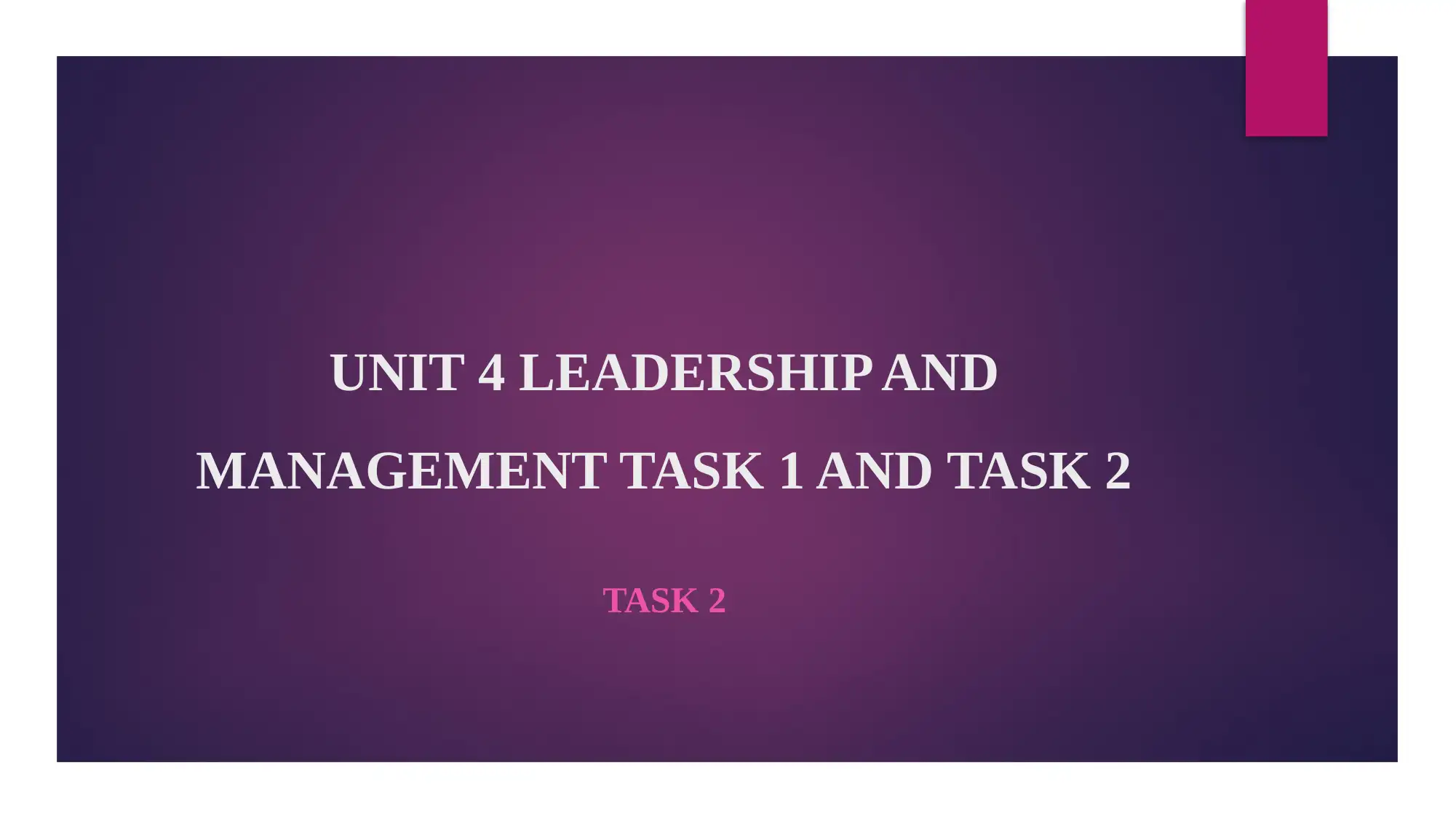
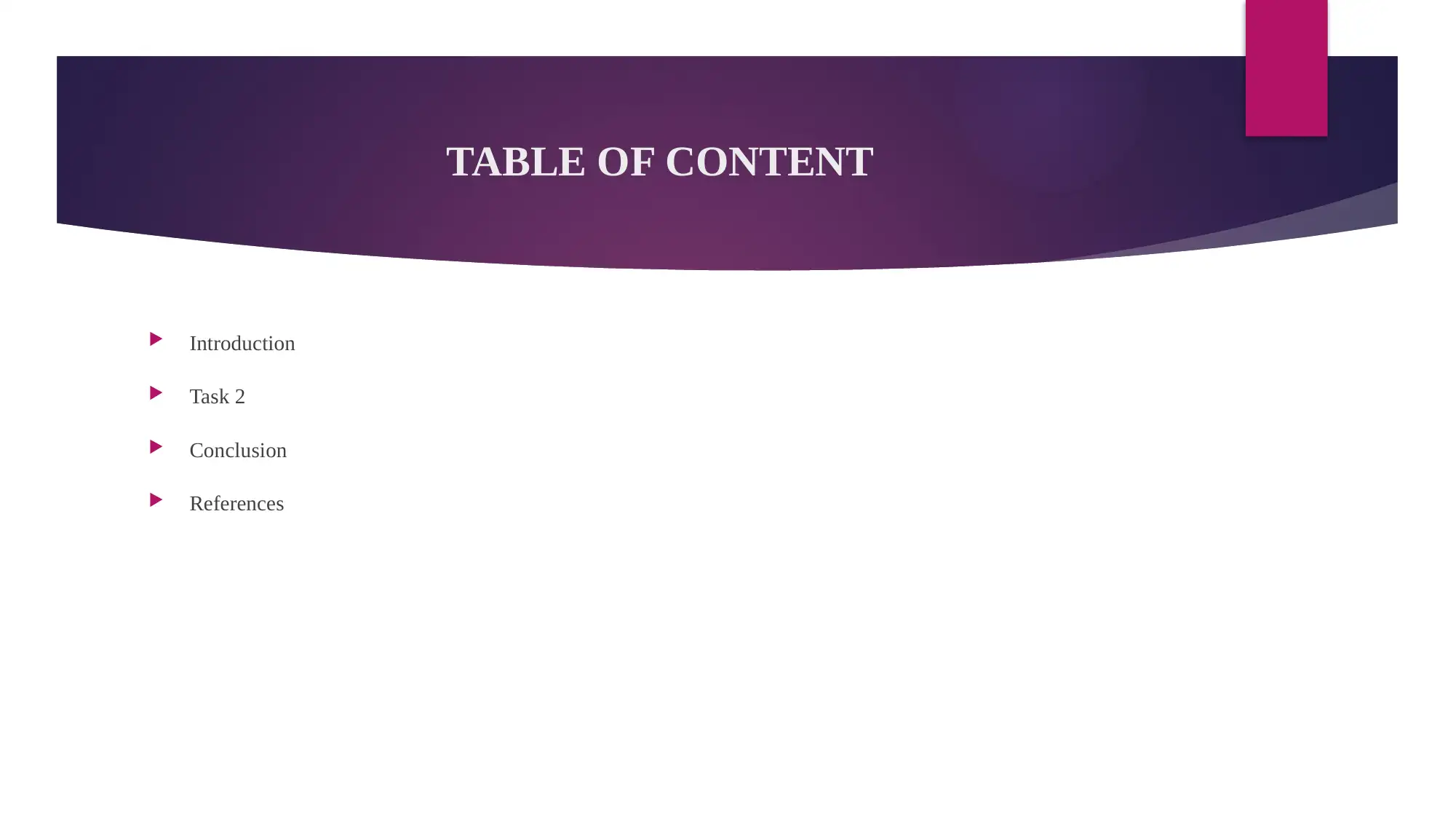
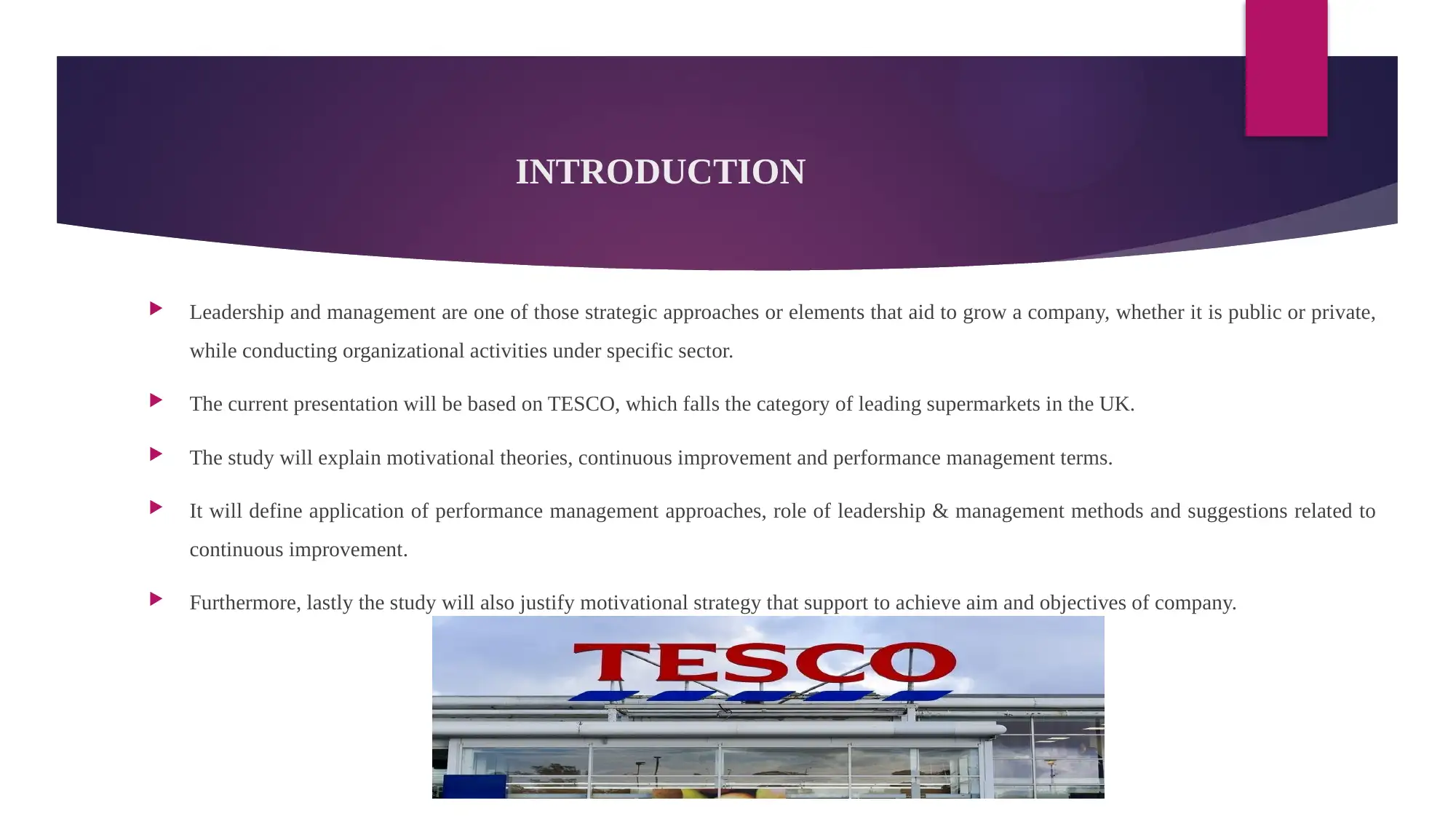

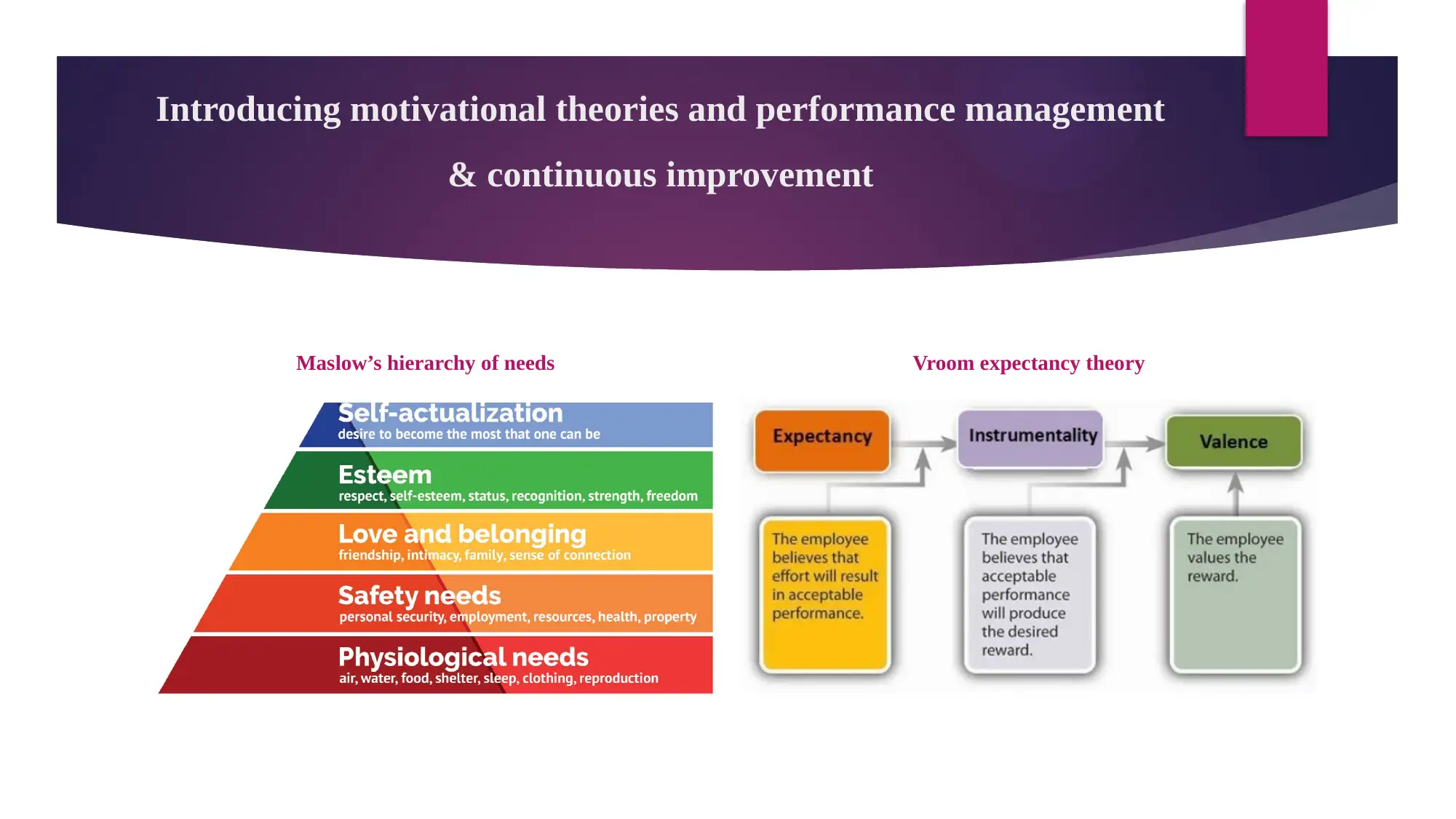
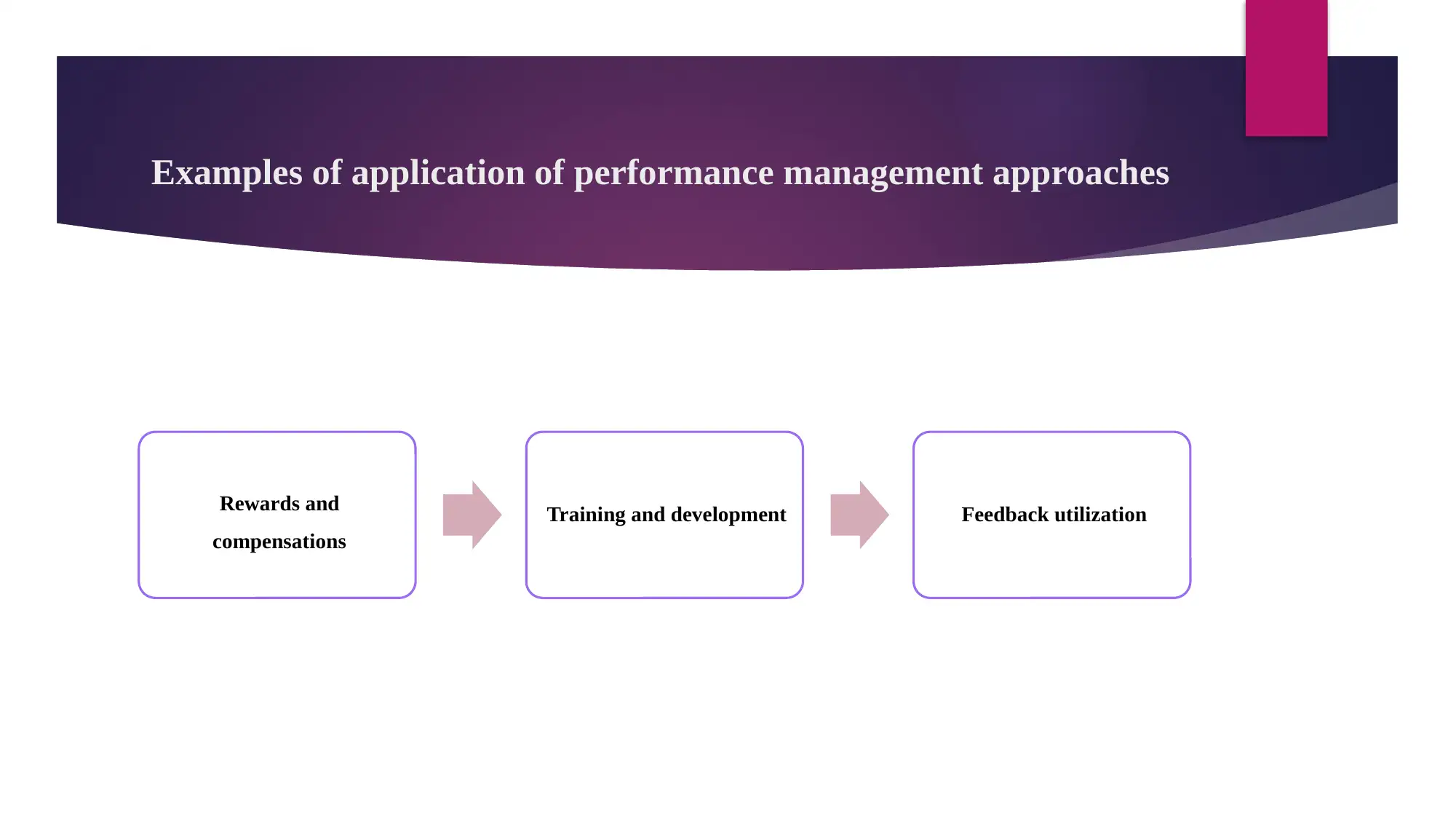
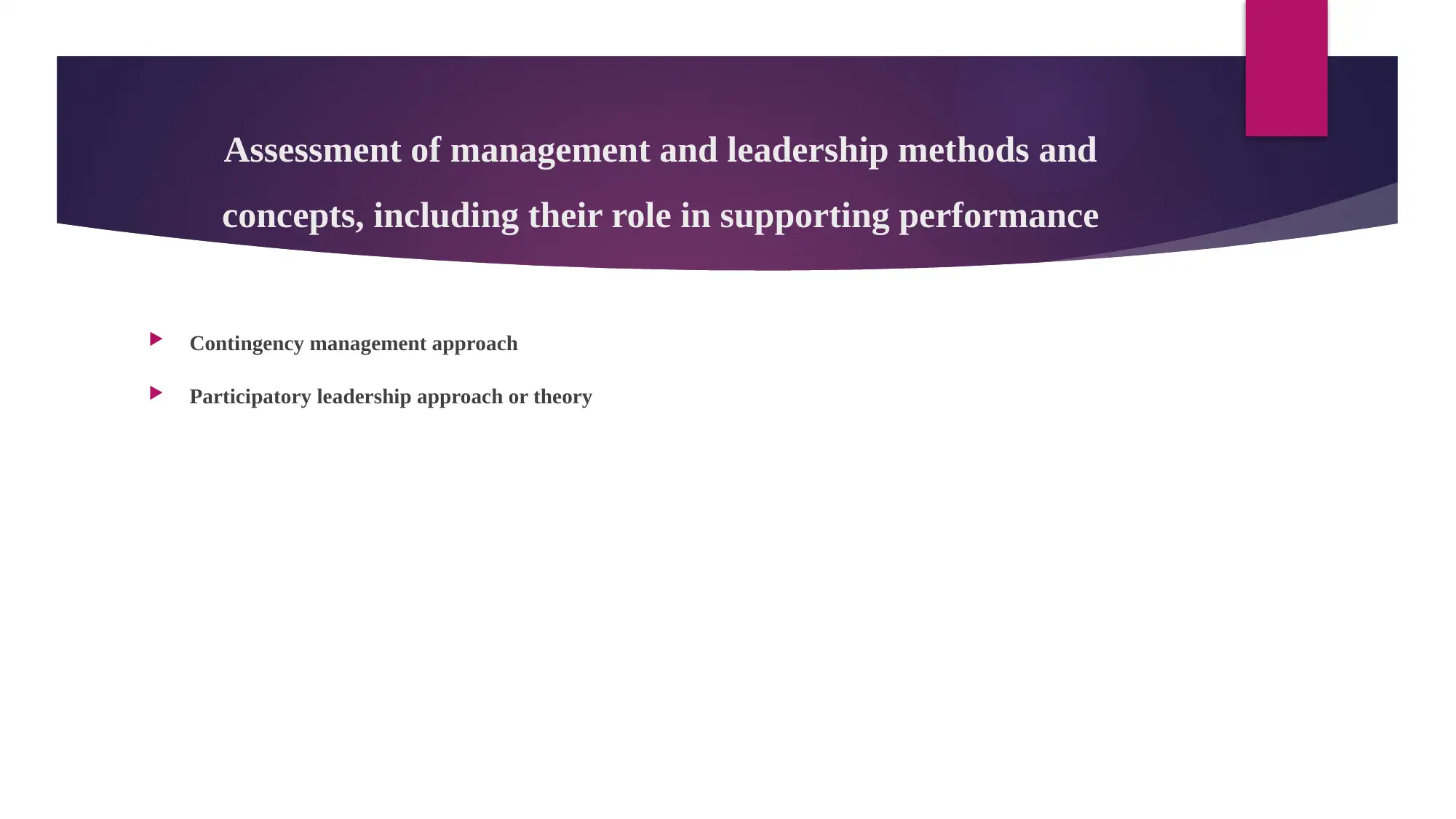
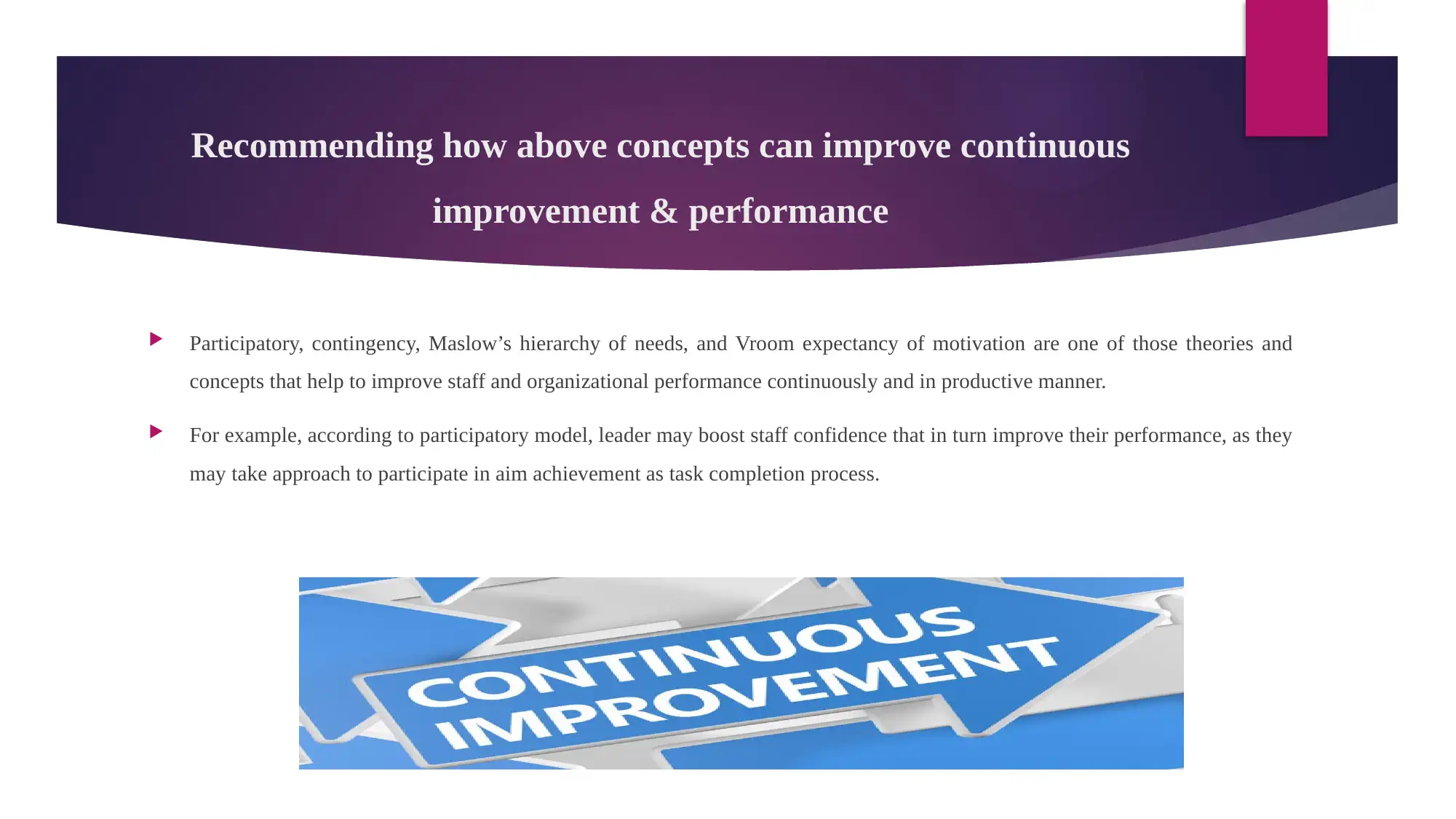
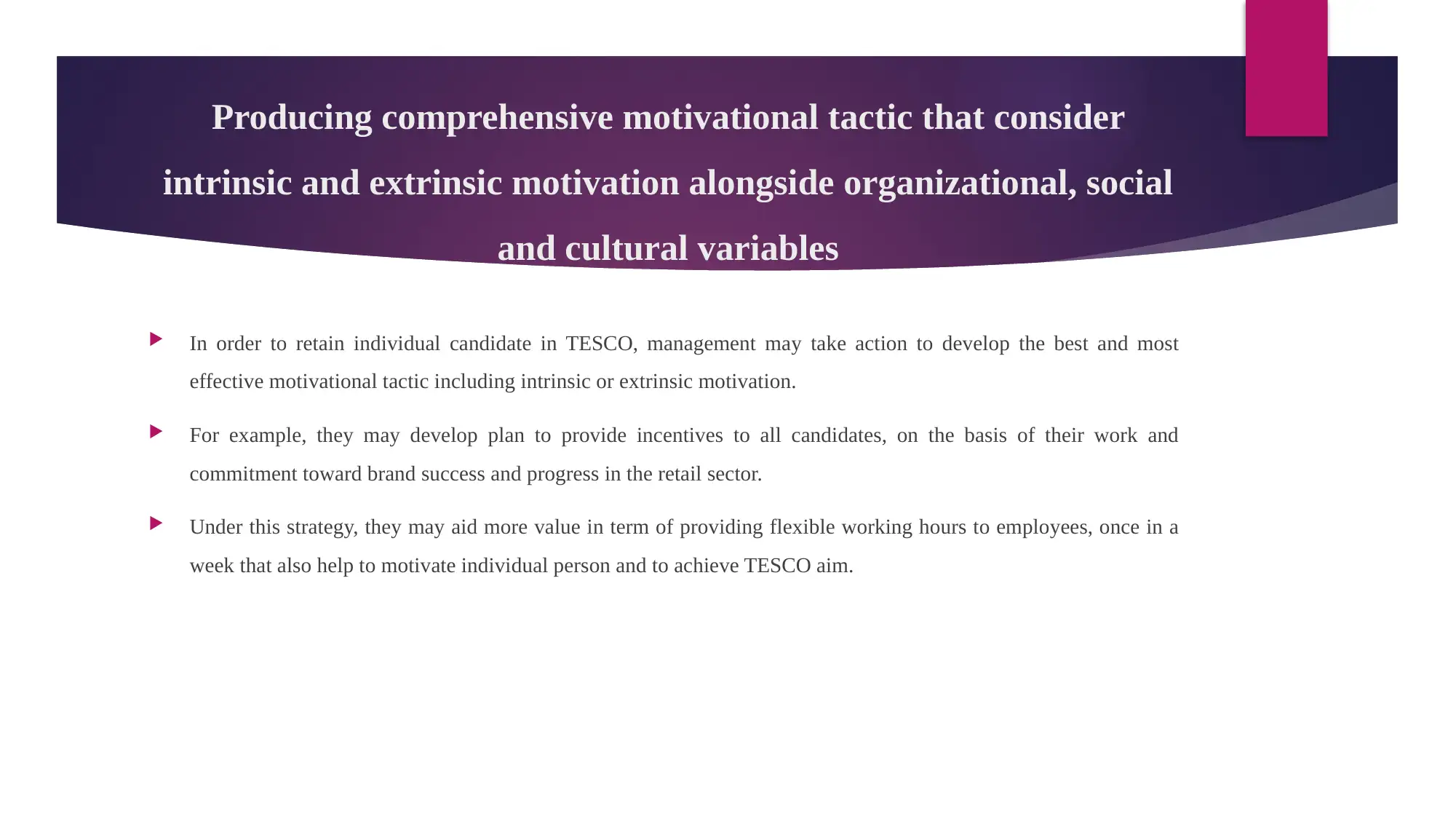
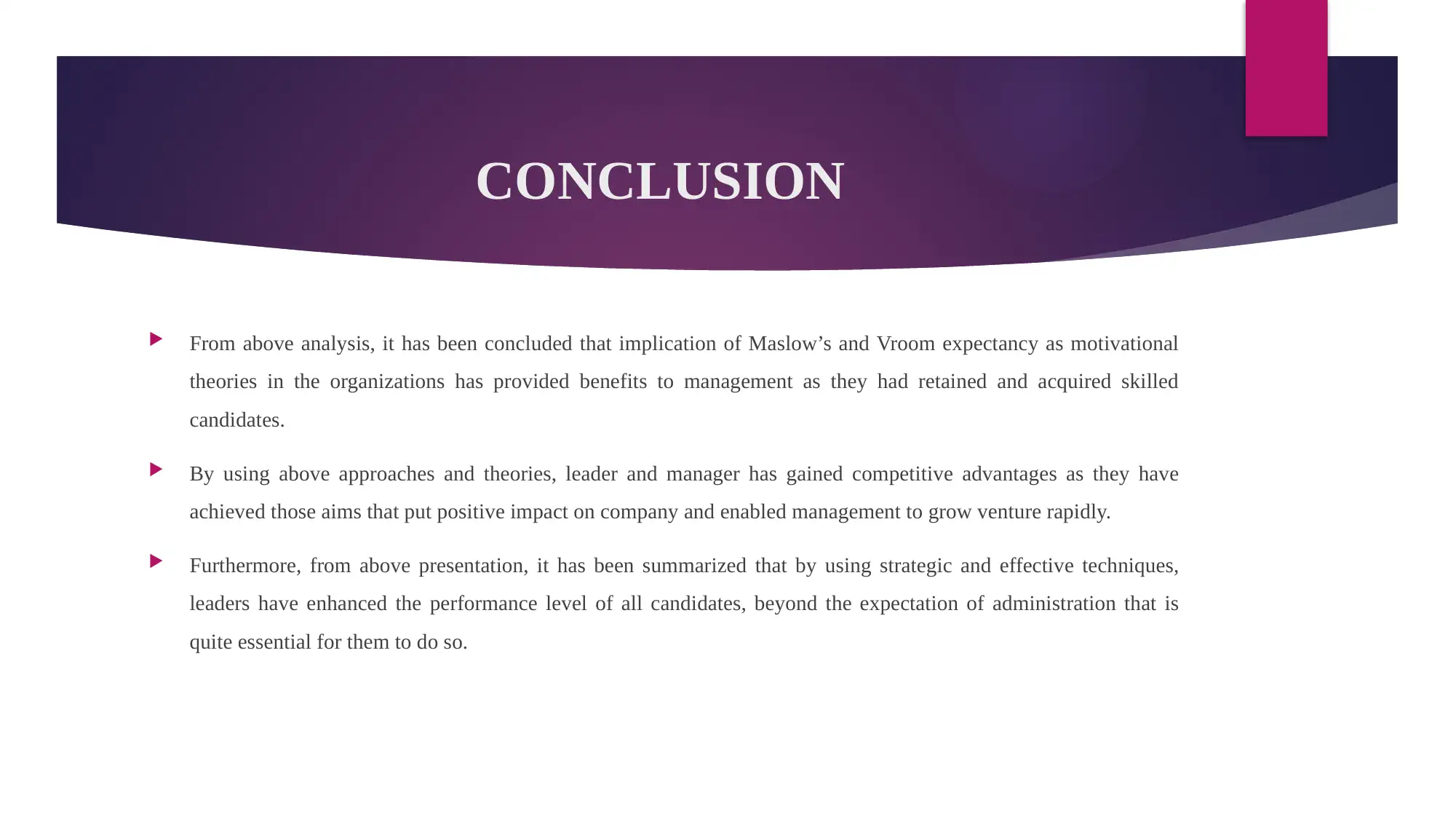
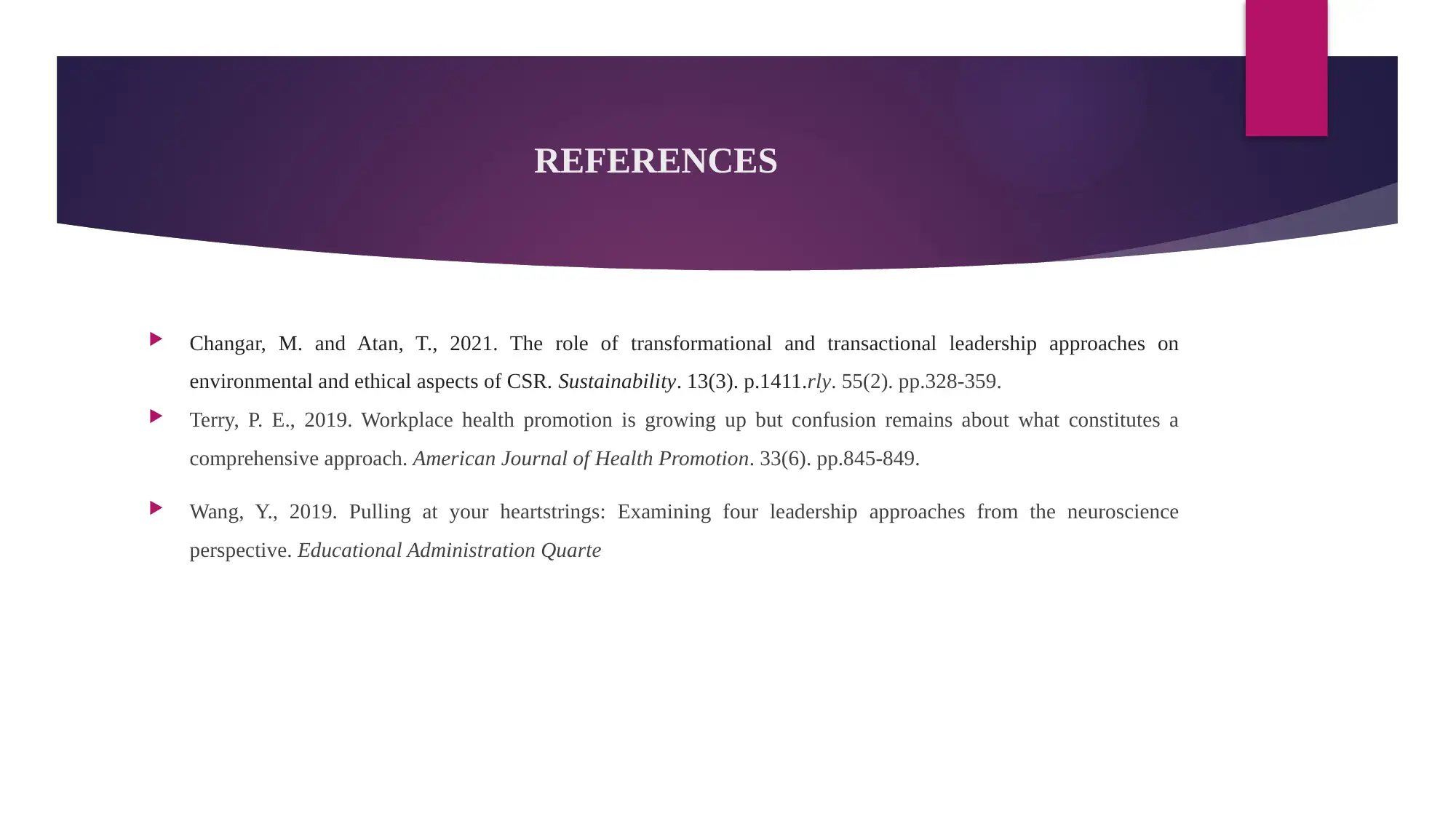



![[object Object]](/_next/static/media/star-bottom.7253800d.svg)